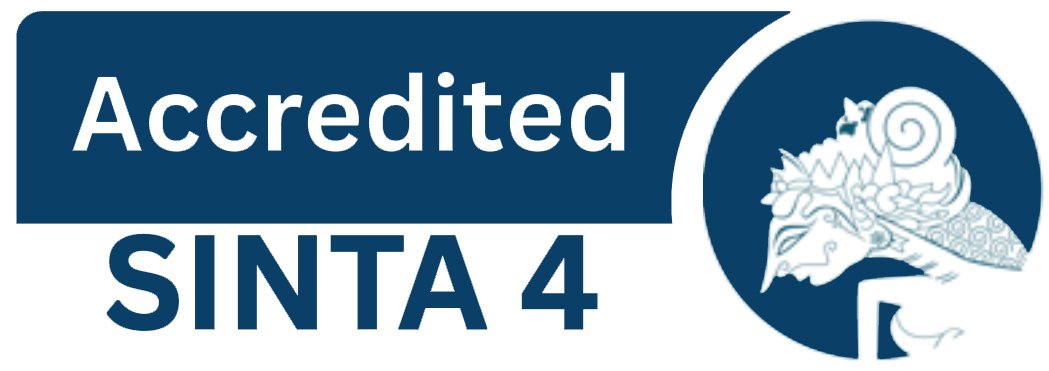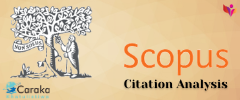Building Adolescent Assertiveness Awareness Through Individual Counseling Services: A Psychoeducational Approach
DOI:
https://doi.org/10.22460/jpp.v4i1.27453Keywords:
Assertive Awareness, Individual Counseling Services, PsychoeducationalAbstract
Adolescents often face difficulties in expressing thoughts and feelings appropriately, which indicates low assertiveness awareness. Lack of assertiveness can lead to social pressure, interpersonal conflict, and decreased psychological well-being. This study aims to examine how individual counseling services with a psychoeducational approach can build assertiveness awareness in adolescents. This study uses a literature review design by examining scientific sources from relevant national and international journals in the past five years. The search procedure was carried out through databases such as Google Scholar, ResearchGate, and ScienceDirect using the keywords "assertiveness," "adolescents," individual counseling," and "psychoeducation." Selection was carried out based on the relevance, recency, and methodological quality of the articles. Data are presented thematically and analyzed descriptively-qualitatively. The results of the study indicate that the psychoeducational approach in individual counseling is effective in increasing adolescent assertiveness awareness and skills. Individual counseling allows for the delivery of personalized material, while psychoeducation provides conceptual and practical understanding related to assertive behavior. In conclusion, the integration of the psychoeducational approach in individual counseling can be an effective strategy for building adolescent assertiveness awareness holistically.
References
Alberti, R. E., & Emmons, M. L. (2020). Your perfect right: assertiveness and equality in your life and relationships (11th ed.). Impact Publishers.
Asif, S., Bano, Z., & Sarwar, U. (2021). Effectiveness of assertiveness training programme on improving self-esteem among early adolescents. Pakistan Journal of Psychological Research, 36(2), 155–170. https://doi.org/10.33824/PJPR2021V36I2.002
Bandura, A. (1977). Social learning theory. Prentice Hall.
Corey, G. (2013). Theory and practice of counseling and psychotherapy (9th ed.). Brooks/Cole, Cengage Learning.
Golshiri et al., (2023). The effect of problem-solving and assertiveness training on self-esteem and mental health of female adolescents: a randomized clinical trial. BMC Psychology. Vol.11 No. 106. https://link.springer.com/article/10.1186/s40359-023-01154
Hartono, D., & Sari, M. P. (2023). Konseling individual pada anak sekolah dasar: Pendekatan psikoedukatif. Jurnal Bimbingan Konseling Indonesia, 8(1), 45–56. https://doi.org/10.5678/jbki.v8i1.1234
Jupp, J. J., & Plummer, B. (1989). The effect of social skills and assertiveness training on the attitudes and behaviours of socially anxious adolescents. Queensland Journal of Guidance and Counselling, os3(1), 29-38. https://doi.org/10.1017/S1030316200000157 (Original work published 1989).
Kumar, S., & David, B. E. (2020). Investigating the impact of assertiveness training on assertiveness and self-esteem of high school students. Journal of Psychological Studies, 65(3), 345–356. https://doi.org/10.1007/s12646-020-00548-7
Mahmoudi, H., Dehghani, M., & Motallebzadeh, F. (2015). The effect of assertiveness training on increasing self-esteem and academic achievement in high school students. Procedia - Social and Behavioral Sciences, 205, 189–194. https://doi.org/10.1016/j.sbspro.2015.09.038
Muarifah, L. (2019). Pengaruh pendekatan psikoedukatif terhadap regulasi emosi dan interaksi sosial siswa SMP. Jurnal Bimbingan Konseling Indonesia, 4(2), 55–63. https://doi.org/10.31227/osf.io/psik2019
Nugroho, A., & Wulandari, S. (2023). Psikoedukasi dalam penanganan gangguan psikiatri pada anak. Jurnal Psikologi Klinis, 15(2), 89–102. https://doi.org/10.2345/jpk.v15i2.9876
Octavia, M. (2023). Membangun kesadaran asertivitas siswa melalui layanan konseling individu dengan pendekatan psiko edukatif [Skripsi, Universitas Pendidikan Indonesia]. Repository UPI.
Pradana, C. R., & Putri, D. S. (2024). Penerapan teknik asertif untuk meningkatkan kepercayaan diri pada remaja. Jurnal Penelitian Konseling, 9(4), 270-285.
Rahmawati, S., & Putri, A. (2021). Teknik-teknik konseling dan pendekatan psiko edukatif dalam bimbingan dan konseling. Jakarta: Prenada Media Group.
Rogers, C. R. (1961). On becoming a person: A therapist's view of psychotherapy. Houghton Mifflin.
Smith, J. A., & Lazarus, R. S. (2021). Developing assertiveness in childhood: A practical guide. Journal of Child Psychology and Education, 12(3), 145–160. https://doi.org/10.1234/jcpe.v12i3.5678
Santoso, B., & Rahman, F. (2021). Komunikasi asertif dalam konteks pendidikan: Teori dan aplikasi. Deepublish.
Winingsih, E., Rahayu, Y. S., & Prasetyo, A. P. B. (2022). Pengembangan model psikoedukasi berbasis self-management untuk meningkatkan keterampilan pengelolaan waktu. Jurnal Ilmiah Kesehatan Jiwa, 5(2), 111–120. https://journal.ppnijateng.org/index.php/jikj/article/view/1313
Zhukov,(2020). Assertiveness training therapy to adolescence development. IJOSOC. Vol.2 No.3. https://ijsoc.goacademica.com/index.php/ijsoc/article/view/126
Downloads
Published
How to Cite
Issue
Section
License
Copyright (c) 2025 Ulfa Danni, Fitri Ahmad

This work is licensed under a Creative Commons Attribution-ShareAlike 4.0 International License.
Authors who publish with the Journal Pendidikan Profesi (JPP) agree to the following terms:
- Authors retain copyright and grant the journal the right of first publication with the work simultaneously licensed under a Creative Commons Attribution License (CC BY-SA 4.0) that allows others to share the work with an acknowledgment of the work's authorship and initial publication in this journal.
- Authors are able to enter into separate, additional contractual arrangements for the non-exclusive distribution of the journal's published version of the work (e.g., post it to an institutional repository or publish it in a book), with an acknowledgment of its initial publication in this journal.
- Authors are permitted and encouraged to post their work online (e.g., in institutional repositories or on their website) prior to and during the submission process, as it can lead to productive exchanges, as well as earlier and greater citation of published work. (See The Effect of Open Access)
















